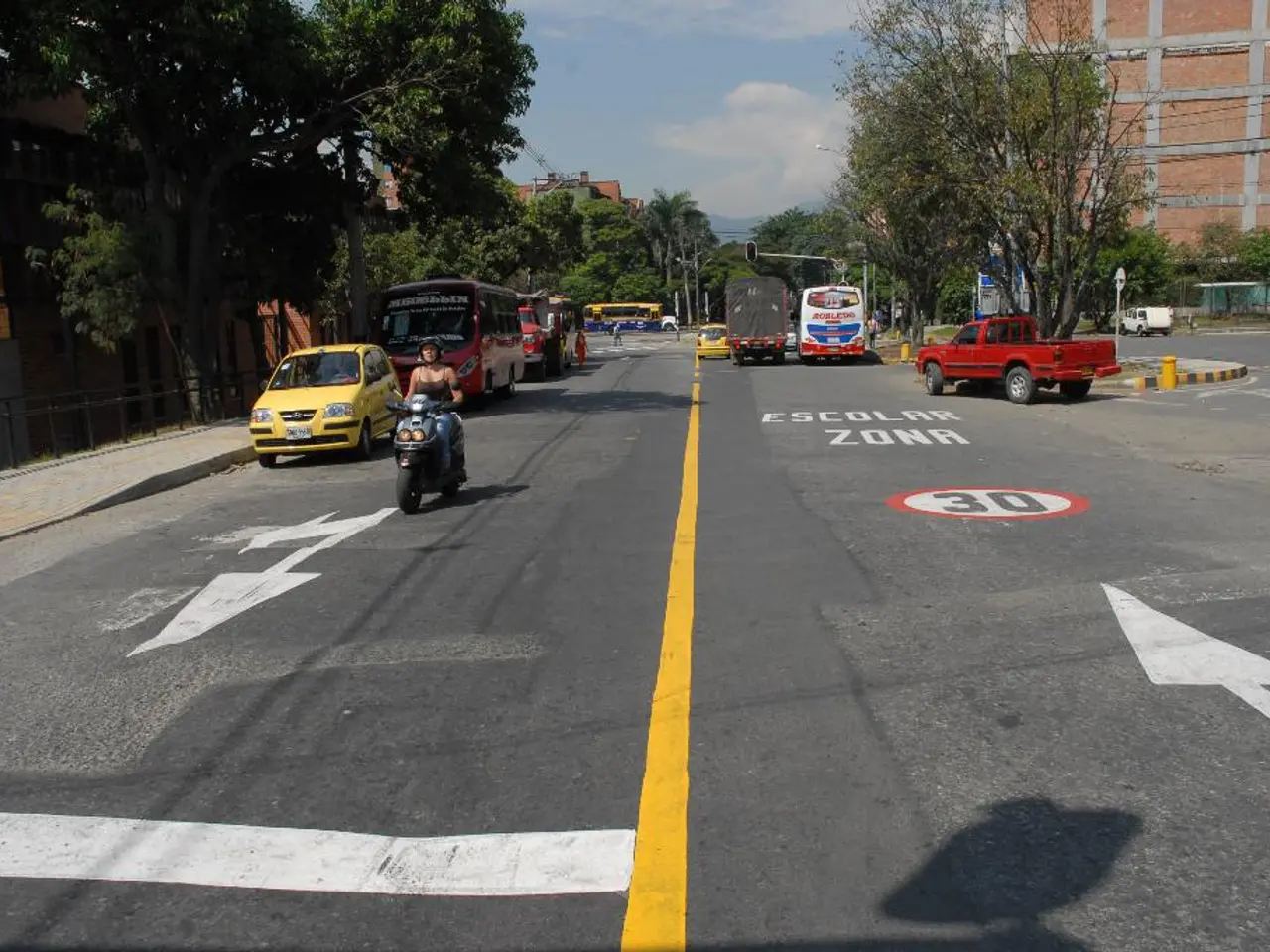Tenant advocates claim that Toronto's recently implemented renoviction regulation has started showing positive effects.
In a significant move to protect tenants, especially those in lower-income brackets, the City of Toronto has implemented a new Rental Renovation Licence Bylaw on July 31, 2025. The bylaw is designed to reduce renovictions, a practice where landlords evict tenants to carry out renovations and then re-rent the property at a higher price.
The bylaw requires landlords to obtain a licence from the city before evicting tenants for renovations. This licence comes with a fee of $700 per unit. Landlords must also prove the necessity of renovations and comply with strict documentation and notification obligations.
Since the bylaw's implementation, tenant advocates have reported a decrease in renoviction cases. This is a welcome development for those who commonly face immense difficulties in finding affordable places to move into after being evicted.
The new bylaw also provides tenant protections such as rent compensation or temporary accommodation. These measures are intended to discourage landlords from sitting on their hands during the renovation process.
The City of Toronto plans to use an "education-first approach" to encourage compliance with the bylaw. However, landlords who fail to comply or force a tenant to leave and re-rent the unit for financial benefits could face fines of up to $100,000 for individuals and $250,000 for corporations.
The provincial government doubled maximum fine amounts for unlawful evictions in 2020, setting the fine rates at $50,000 for individuals and $250,000 for corporations. The Ministry of Housing was overwhelmed with requests to enforce violations of the unlawful eviction fines, highlighting the need for enforcement resources in the City of Toronto.
The implementation of the Rental Renovation Licence Bylaw is seen as a "huge win" for renters by anti-poverty advocates. The bylaw is a critical and overdue step responding to escalating renovictions, as evidenced by a sharp rise in N13 eviction notices issued before 2025.
New Westminster, B.C., was the first municipality to adopt a renoviction bylaw in 2019, with several other municipalities in Ontario following suit. The fines under the bylaw are intended to serve as a disincentive for corporate landlords from engaging in renovictions.
The new bylaw also requires an architect or engineer to confirm that a unit must be empty for renovation work. This puts the burden on landlords to prove their renovations require vacant units, strengthening the fight for tenants.
Douglas Kwan, director of advocacy and legal services at the Advocacy Centre for Tenants Ontario, believes that these renoviction bylaws are beneficial for preserving affordable housing stock in a city.
While the bylaw's long-term effectiveness in reducing renovictions is not yet fully measurable, it represents a significant regulatory step to curb bad faith evictions and protect tenants. The City will focus on education to encourage compliance initially, but will escalate to enforcement actions if necessary.
The new Rental Renovation Licence Bylaw in Toronto, designed to combat renovictions, has led to a reported decrease in such cases amongst tenants. This decrease is especially welcome for those in lower-income brackets who often face difficulties finding affordable housing after being evicted. The bylaw is part of a broader political movement against unlawful evictions, with several municipalities implementing similar bylaws and the provincial government increasing fines for such activities.







